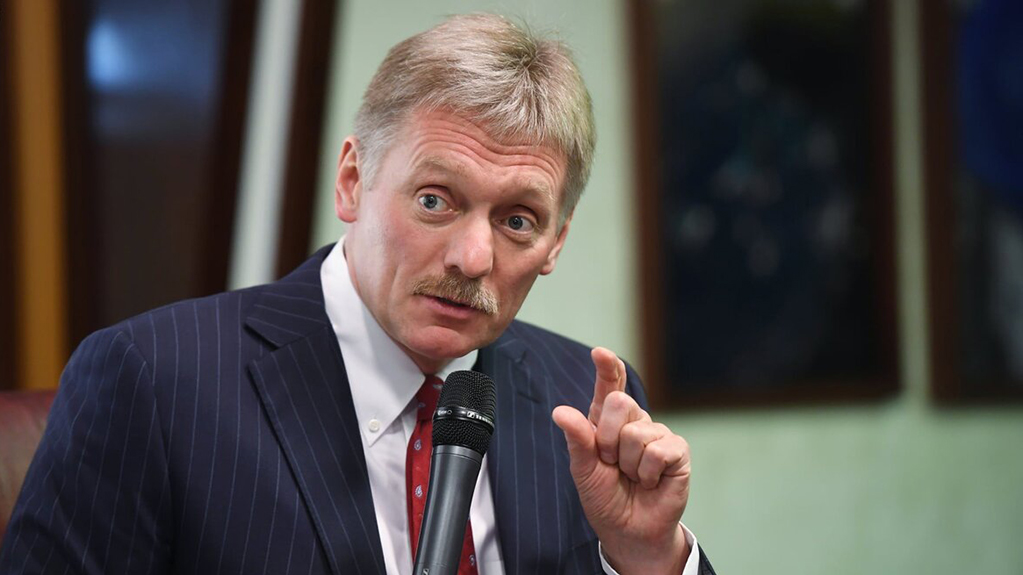The Russian Federation President Press Secretary Dmitry Peskov, stated that it is absurd to refer to the law on foreign agents as "Russian", a law which the ruling party of Georgia will once again attempt to pass.
News
According to Russian media reports, during today's briefing, Peskov was asked whether the Kremlin is monitoring the ruling Georgian Dream's intention to submit a bill to parliament, which the Georgian opposition refers to as "Russian."
"Georgia is our neighbor. A stable and predictable situation in Georgia is in our interests, We see a rather acute and sharp reaction of the opposition to such plans. But probably there is just a need to more actively explain to them the absurdity of [attempts] to consider this a Russian project,” Peskov said.
The Kremlin representative said that the first country that came up with a system for combating foreign agents is the United States.
“And now almost all countries are fighting them, those who are agents of a foreign state, receive money or are under the influence of foreign states. In fact, this is a global practice. no sovereign state wants interference from other countries in domestic politics. This is normal practice,” Dmitry Peskov noted.
Peskov referred to the Foreign Agents Registration Act (FARA), passed in the United States in 1938 to combat Nazi propaganda in the country. Apart from the pun "foreign agents," the Russian law and the American FARA have nothing in common.
Any person (citizen or organization) receiving financing from foreign principals, including individuals, and participating in US political activities, acting as a PR, journalist, or political consultant, or soliciting, raising, distributing, or spending money in the interests of a foreign principal. FARA applies to media outlets only if their editorial policies are controlled by a foreign government. This is why the British BBC and German Deutsche Welle operate without registration as foreign agents in the US, as these state media outlets are independent of their government.
Radio Liberty and Voice of America are on the Russian list of foreign agents. Their websites, like those of the BBC and DW, are blocked. In Russia, any discussion of a problem relevant to society can be considered "political activity" and, therefore, the basis for granting the status of a "foreign agent". In addition to human rights organizations, media outlets, and journalists, environmental organizations and even charitable foundations are recognized as foreign agents in Russia.
Unlike the American FARA, Russia's 2013 Foreign Agents Act is actually aimed not at transparency, but at cracking down on people or organizations that disagree with the government's point of view. Additionally, "foreign agent" is a common term in English, but in Russia and the post-Soviet space, this concept has a negative context and is associated with "espionage".















